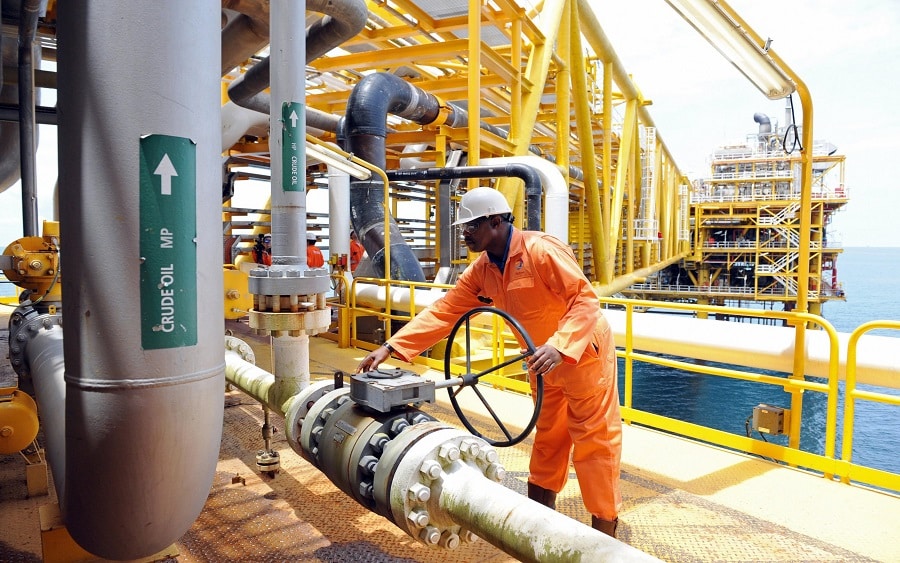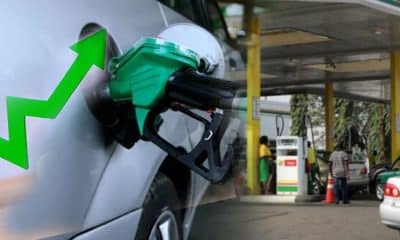Business
Nigeria Struggles To Sell Over 30 Million Barrels Of Crude Oil Amidst Global Competition

As May approaches, over half of Nigeria’s crude oil cargoes remain unsold, signaling potential economic turbulence and underscoring the impact of global market dynamics on Africa’s once leading oil producer.
With more than 30 out of 53 scheduled cargoes yet to find buyers, Nigeria faces significant challenges in a competitive international oil market.
Unsold Cargoes Pile Up
According to Bloomberg data, the unsold cargoes could amount to over 30 million barrels, a considerable volume that highlights the stark contrast between current demands and supply. The slow sales are particularly alarming given Nigeria’s reputation for producing high-quality crude, coveted worldwide for its low sulfur content and suitability for producing gasoline and diesel.
Traders specializing in West African crudes have pointed out that Nigeria’s crude can be traded globally, with potential markets in Asia, Europe, and the US. However, the current sales pace is troubling, especially when juxtaposed with Angola’s relatively steady crude sales, where only a handful of its 34 planned shipments remain available.
Competitive Pressures and Market Dynamics
One significant factor contributing to the sluggish demand for Nigerian oil is the extensive refinery maintenance across Europe. This situation has resulted in an oversupply of April barrels, which adversely affects the current trading cycle for May. Additionally, Nigerian sales are further hampered by higher freight costs and the premiums demanded for more immediate supplies.
In stark contrast, Angola’s crude oil has seen robust demand, especially from Asian markets such as China and India. The International Energy Agency highlighted strong demand for Angolan barrels in India in its monthly report, underscoring shifting market preferences that have seen Angola overtake Nigeria as the top crude oil producer in the region.
Shifts in Buyer Preferences
The dynamics of crude oil trade are also shifting at the buyer’s end. While India was traditionally Nigeria’s largest buyer, recent statistics from Nigeria’s National Bureau of Statistics reveal a shift, with the Netherlands emerging as the largest buyer of Nigerian crude oil in the first nine months of 2023. This shift has occurred even as Angola makes significant inroads into the Indian market, which had been a stronghold for Nigerian crude.
Government Response to Production Challenges
Amid these market challenges, the Nigerian government is not sitting idle. The Minister of Petroleum Resources, Heineken Lokpobiri, has expressed commitment to raising the country’s oil production to meet the 2024 budget benchmark of 1.78 million barrels per day. This target comes in response to recent production shortfalls, primarily due to issues with the Trans Niger Pipeline and maintenance activities by Shell.
Lokpobiri assured the public that these disruptions had been promptly addressed, and production is expected to return to previous levels soon. “We anticipate that Nigeria’s oil production, including condensate, will soon be restored,” Lokpobiri stated, emphasizing the government’s proactive stance in tackling the current challenges.
Furthermore, the Ministry of Petroleum Resources is looking to evolve its policies to maximize the utilization of all available wells in Nigeria. This strategic approach aims not only to ramp up production but also to stabilize foreign exchange reserves and support the government’s infrastructure commitments as outlined in the national budget.








